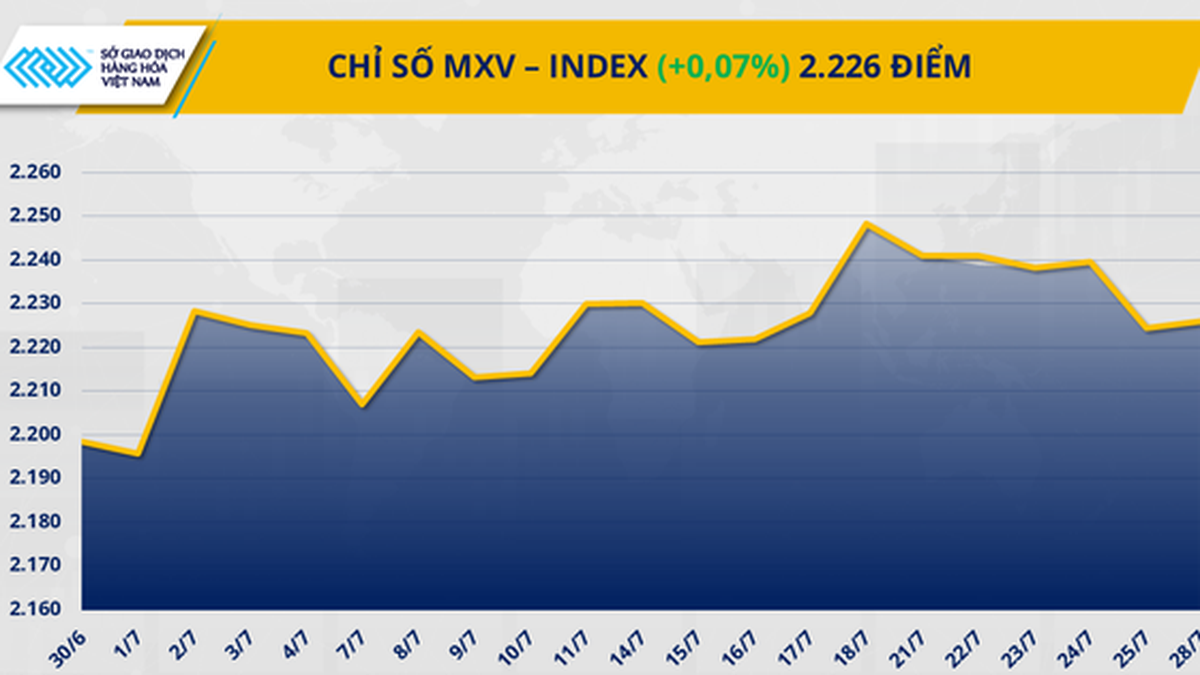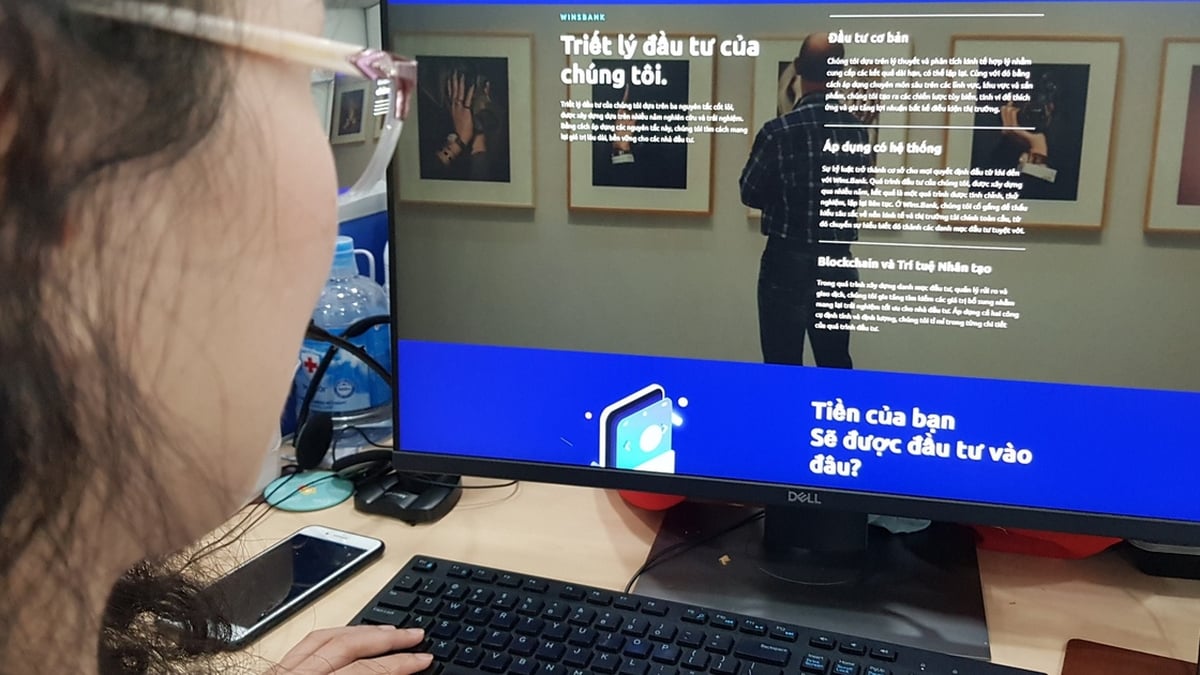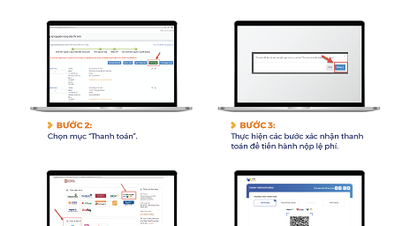
Small changes in the way we spend money and manage our finances in our youth may be an "early signal" that predicts a decline in brain function later in life, according to new research - Photo: AI
Early signs of dementia, including Alzheimer's disease, can be detected from small changes in daily financial habits.
This is the conclusion from a study recently published in the journal JAMA Network Open (USA) , chaired by Professor John Gathergood of the School of Economics , University of Nottingham (UK), in collaboration with David Leake from Lloyds Banking Group.
The study analyzed anonymized banking data from more than 66,000 people. Of these, 16,742 individuals who had been granted a Power of Attorney (PoA) due to financial incapacity were compared to a control group of 50,226 people who showed no signs of incapacity.
This is the first large-scale evidence that financial behaviours, which are routinely and extensively recorded in the banking system, can reveal cognitive changes early before they become clinically apparent, according to Professor Gathergood.
Researchers found that five to 10 years before older adults were considered financially incapable, they began to make noticeable changes in the way they used money.
Specifically: Spend less money on travel (down nearly 10% compared to people of the same age but without cognitive impairment); Spend less on personal hobbies (down nearly 8%); Use less electronic banking...
These people are also more likely to report lost cards, frequently forget their PINs, and report financial fraud.
According to experts, these changes herald a decline in brain function, especially the ability to process information, remember and manage finances.
Professor John Gathergood, lead author of the study, stressed the need to raise public awareness about proactive legal preparation early, especially regarding financial power of attorney procedures, an important step in the context of an ageing population and increasingly common memory disorders.
One of the main advantages of using financial data is its availability and continuity. Unlike medical diagnostic methods that require blood tests, MRIs, or cognitive tests, banking data can be monitored over long periods of time without direct medical intervention. This makes early detection of memory abnormalities possible at scale and at much lower cost.
However, the team also warned that any application of financial data to healthcare needs to adhere to strict principles of ethics, confidentiality and consent. Despite the potential to support early disease screening, personal financial information must always be handled in a transparent, secure manner with clear limits on its intended use.
Source: https://tuoitre.vn/nhin-cach-tieu-tien-hom-nay-biet-duoc-suc-khoe-nao-10-nam-sau-2025070110142641.htm


























![[Photo] National Assembly Chairman attends the seminar "Building and operating an international financial center and recommendations for Vietnam"](https://vphoto.vietnam.vn/thumb/1200x675/vietnam/resource/IMAGE/2025/7/28/76393436936e457db31ec84433289f72)









































































Comment (0)